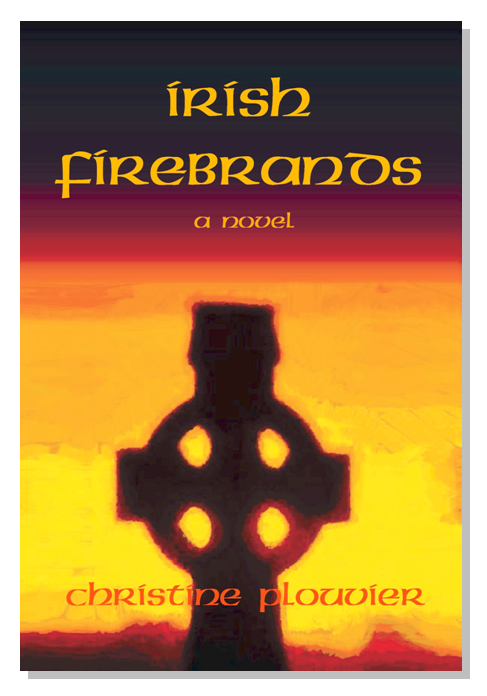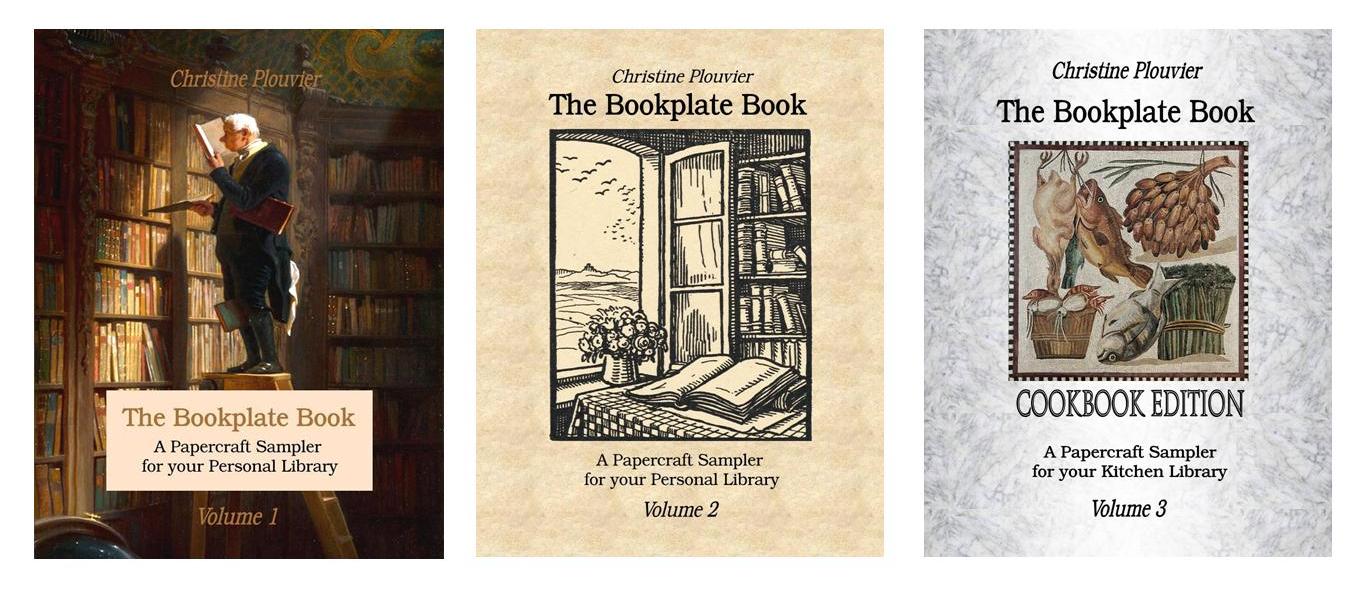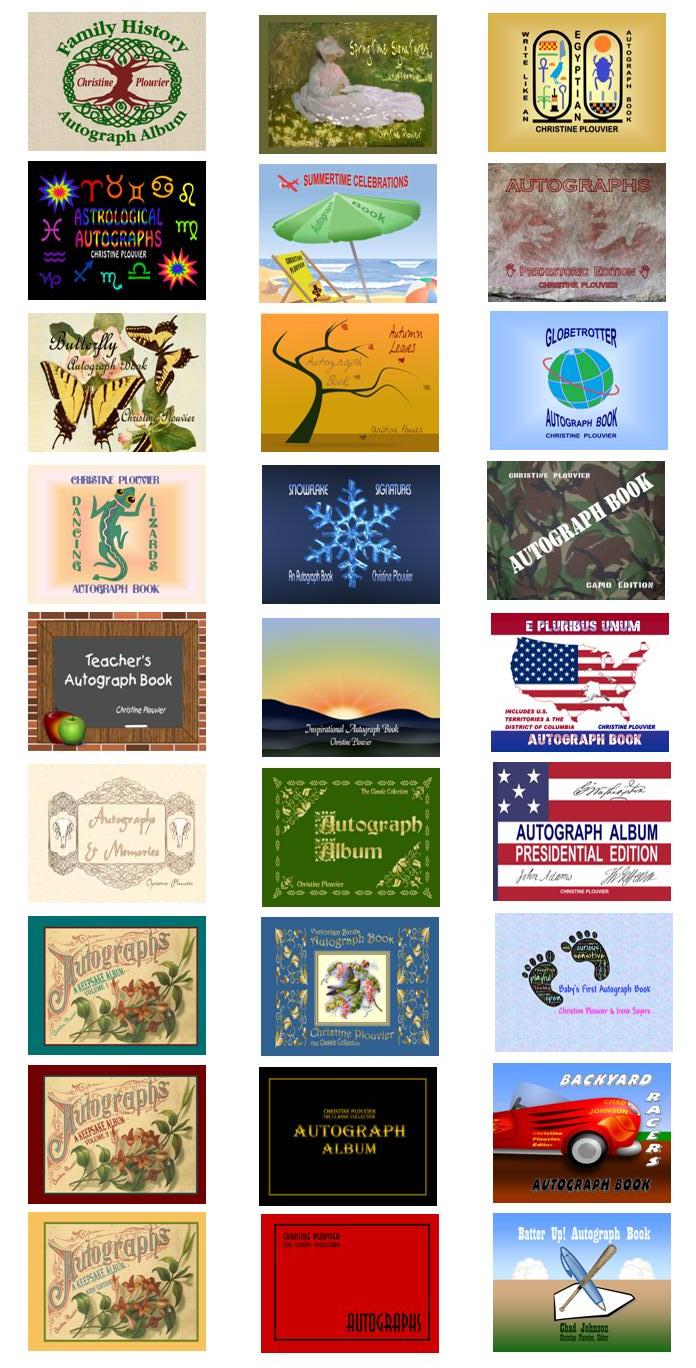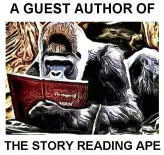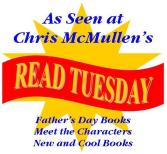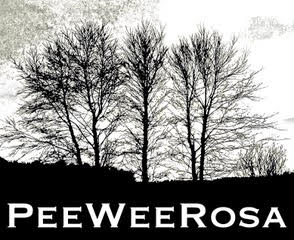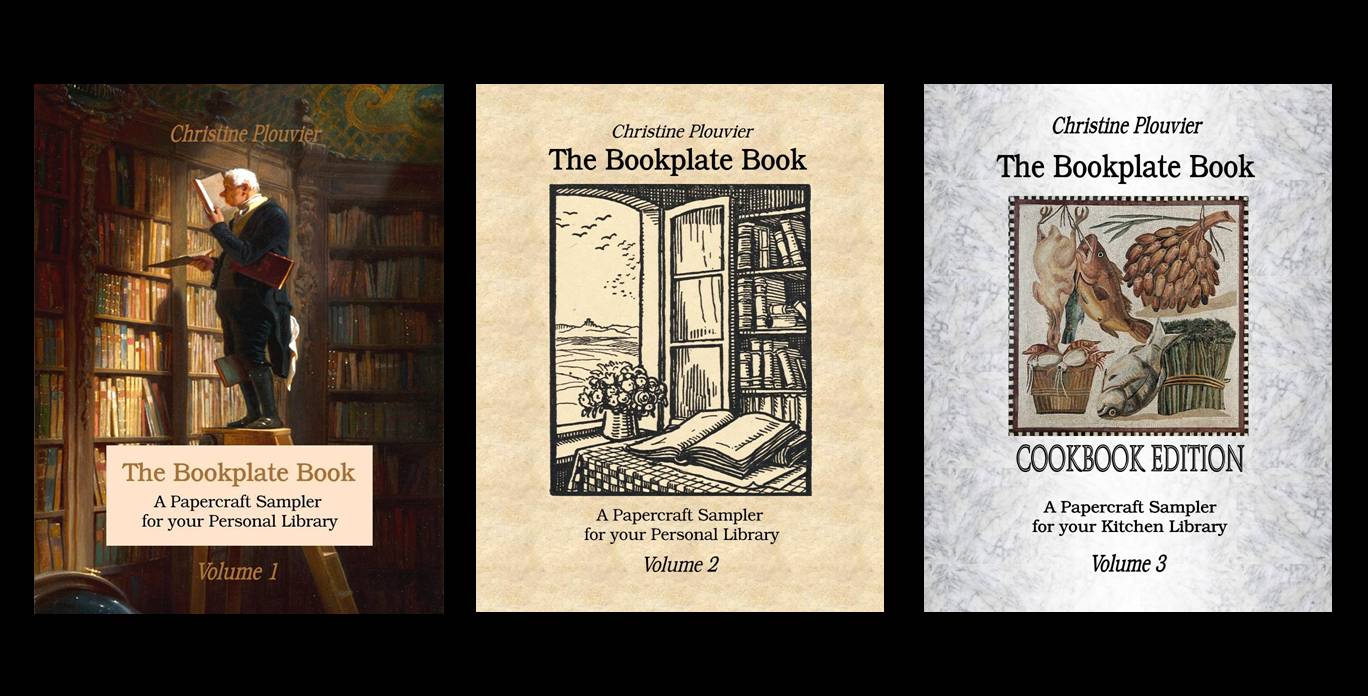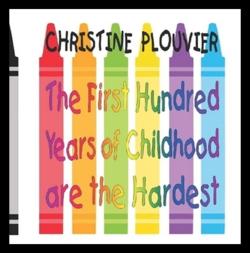Source: Should You Write an Outline? | by Jo Robinson
My answer? No. Outlining is taught to readers during their childhood, by schoolteachers who use it to analyze completed and edited fiction (which probably wasn’t written from an outline), as a way to explain story structure. The true use of outlining is in non-fiction, which relies on facts organized to fulfill a specific purpose.
Outlining fiction in advance causes frustration in many who try to adhere to the practice. How many times have you read blog posts by writers who are suffering from “writer’s block,” or who complain that their characters are “running off” with the story? I’ll bet an advance outline was usually involved. If used at all for fiction, outlining properly belongs at the end, when writing is completed, to be used as a tool to evaluate the continuity of a story, in case developmental editing is needed, in addition to copy editing and proofreading.
Jo’s post is also an interesting look at Stephen King and Dean Koontz. I guess I’m a King-Koontz hybrid; possibly more at the Koontz end, because I revise as I write. I think King said Kurt Vonnegut worked that way, too. (Of course, our genres don’t match – I’ve never read any fiction by any of them, and only King’s how-to book. But I digress.) The success enjoyed by these famous pantsers shows that because Writing is a Fine Art (not a craft), any rules about it should serve the purposes of communication and creativity, and not attempt to control them.
National Novel Writing Month operates on hell-bent-for-leather pantsing, to get to the 50K word goal. The only reason to create an outline during NaNoWriMo is because it can be legitimately added to your word count. After that’s done, however, to pay attention to an outline is to invite writer’s block, and what NNWM calls “your inner editor” to wreak havoc with your writing momentum.
Outlining can help non-fiction writing, but my impression (based on reading individual writers’ blogs, and NaNoWriMo forum discussions) is that it’s of poor utility to creative writers. Instead of the fiction writing process being a 50/50 pantser/planner proposition, its distribution may be skewed. Spontaneous, organic writing may be how most of us really write fiction, but even if outlining doesn’t work very well for writing stories, the habit, mistakenly applied to fiction since childhood, is strong enough to be self-perpetuating. For many, it spoils the writing experience.
Do you suffer from writer’s block? Are you upset because your characters are misbehaving? Are you outlining because it’s said to be the right way to write, or that it’s the only way to produce good writing? Is your outline growing in detail and complexity, but your novel isn’t progressing? Are you reluctant to let go of the outline, because that could mean you have no discipline? Have you ever felt guilty of quitting, because you couldn’t finish writing a story you had outlined? In the past, did you dutifully produce outlines, but didn’t follow them, after all? When a teacher required an advance outline as part of a writing assignment, did you quickly write the assignment first, and then outline it? (The last experience is mine, and I’ve seen the others in writers’ blogs.)
Are you looking for commonsense suggestions to help make your writing life less stressful and more enjoyable? Try The 7 Reasonable Rules of Writing:
Excellent spelling.
Good grammar.
Sufficient correct punctuation for signage on the path to meaning.
Thorough research.
Understanding of literary conventions.
Love for language and loyalty to its complete lexicon.
Writing by inspiration, rather than controlling the performance of the tale.
We must all follow our own writing process, but we must make sure it honestly feels good to do it that way. If we don’t enjoy writing, we’re not doing it right.




